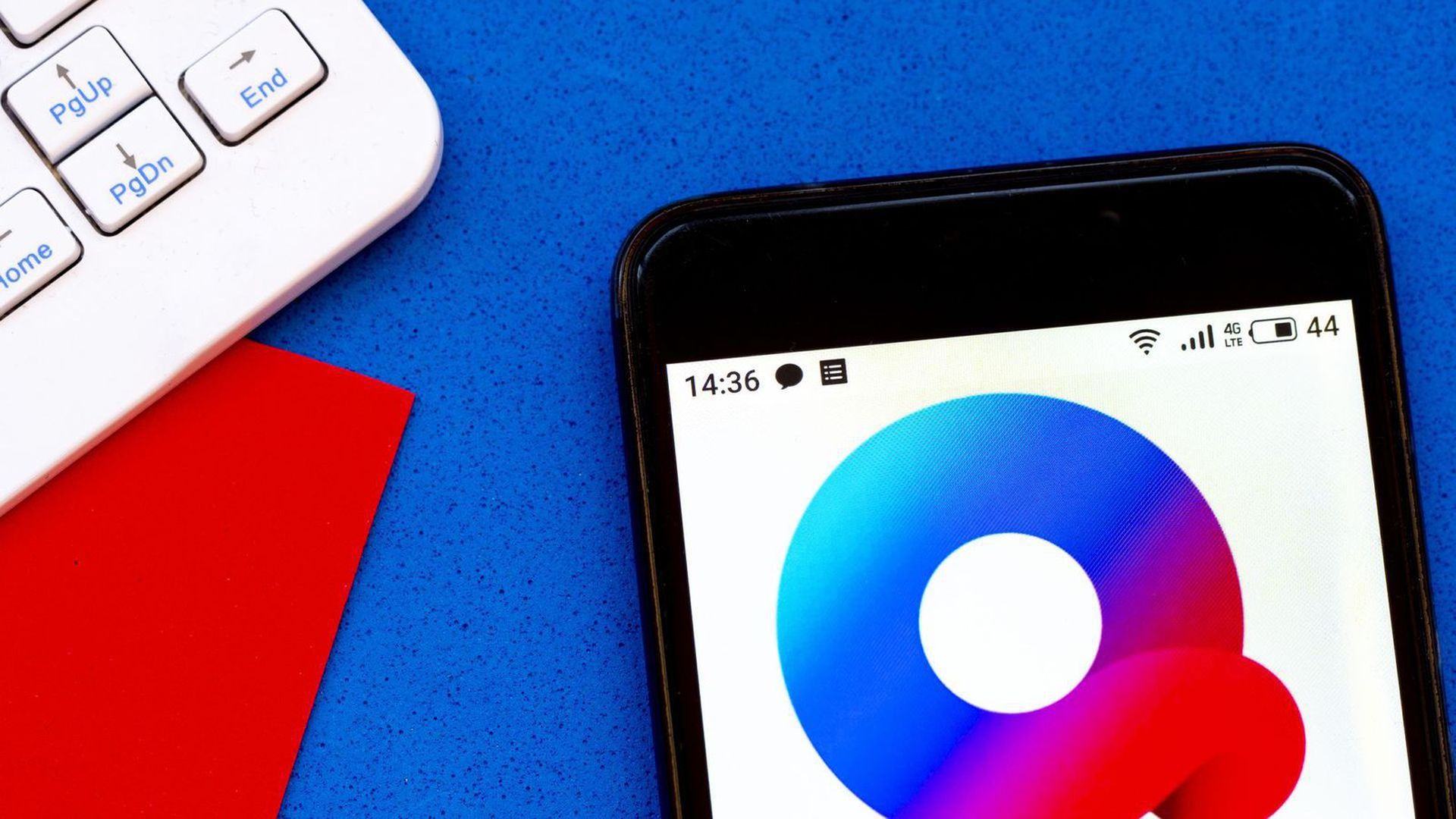| The Justice Department's antitrust suit against Google is a strong, straightforward monopoly case, competition lawyers and experts tell Axios' Ashley Gold. But that doesn't mean it'll be an easy journey for the government. The big picture: Winning any antitrust case is a heavy lift. It's even more of a challenge to pull off victory in a future-looking case that seeks to make room for potential new competition to flourish. Where it stands: The DOJ filed its suit Tuesday, arguing that Google uses unfair tactics to lock its search engine in as the default in browsers and mobile devices. Judge Amit Mehta will preside over the case in the District Court for D.C. Lawyers who spoke with Axios expect the path from here to proceed as follows: - Google will ask Mehta to dismiss the complaint, a request the government will oppose. (Google will then file a reply.)
- Both parties will launch into the discovery process, during which the government can request documents from Google, depose executives and otherwise build up a body of evidence to support its case.
- "They will be scouring Google's files for any indication that [being the default search engine] is leading to their high share," said Joel Mitnick, a partner for antitrust and global litigation groups at Cadwalader.
Between the lines: That causal relationship is crucial for the government to establish. - Google's answer to these concerns is that people stick with its search engine simply because it's the best.
- To proceed with its case, the DOJ has to demonstrate that Google is being pushed on a public that might otherwise prefer other options.
To do that, the DOJ will likely call in some academics. - "Frequently, these cases become a battle of economics experts," said Jeffrey Jacobovitz, a partner at Arnall Golden Gregory.
The other side: Google, which calls the DOJ's case "deeply flawed," maintains it's easy for users to switch to another search provider and that there's no evidence its dominance in the search market is hurting consumers. Of note: Parties in antitrust cases often ask for extensions to reply to complaints, and Google is likely to slow-walk the process, lawyers say. The intrigue: Several experts — and indeed the DOJ itself, in the suit filed Tuesday — drew parallels between the issues raised with Google and the antitrust concerns propelling the agency's 1998 case against Microsoft. That case focused in part on Microsft's deals with PC makers to include Internet Explorer as the default browser on computers running Windows. - One antitrust lawyer familiar with the Google case called it "smarter, better and narrower with a better chance of success" than U.S. v. Microsoft. (Despite winning an initial judgment against Microsoft, the U.S. ultimately lost that case on appeal.)
Yes, but: It's possible that any remedies ultimately reached in the case, whether obtained from a judge or in a settlement, prove "toothless," said Philip Giordano, an antitrust partner at Hughes Hubbard who formerly worked as an antitrust prosecutor at the DOJ. What's next: The narrowness of the case is working to the DOJ's benefit for now — but it's likely to expand. The Justice Department, along with Texas, is still actively looking into Google's advertising technology, the antitrust lawyer familiar with the case said. - State attorneys general are also expected to go after other parts of Google's business and file suits that will eventually be combined with the DOJ's in the coming weeks.
| 







No comments:
Post a Comment